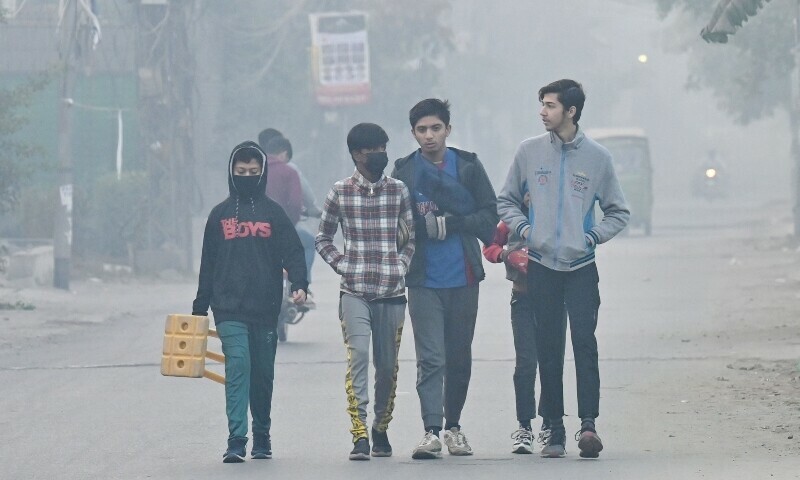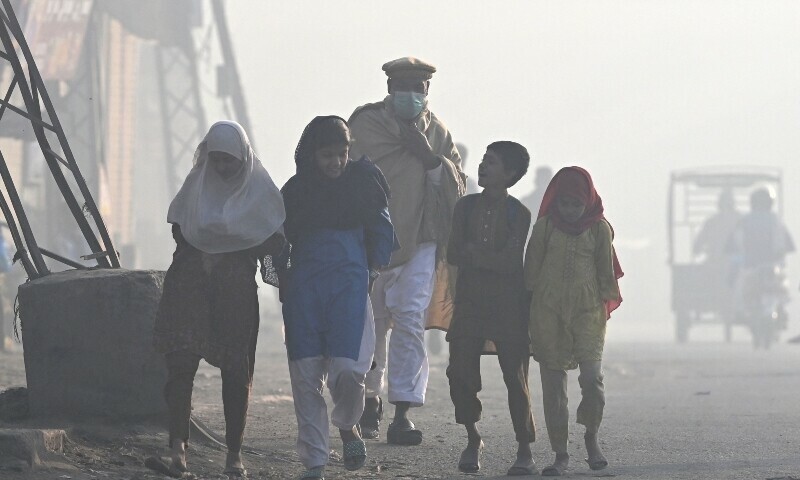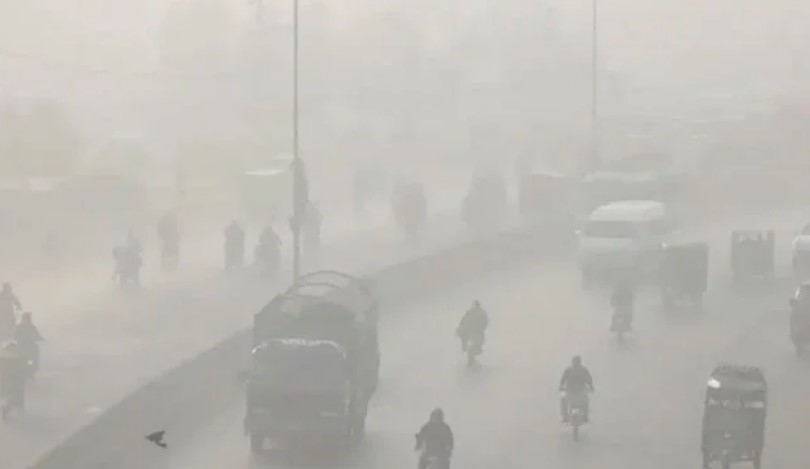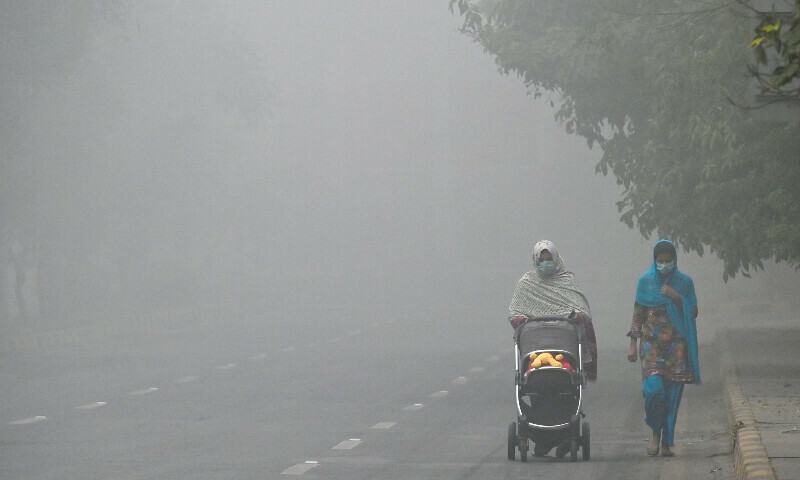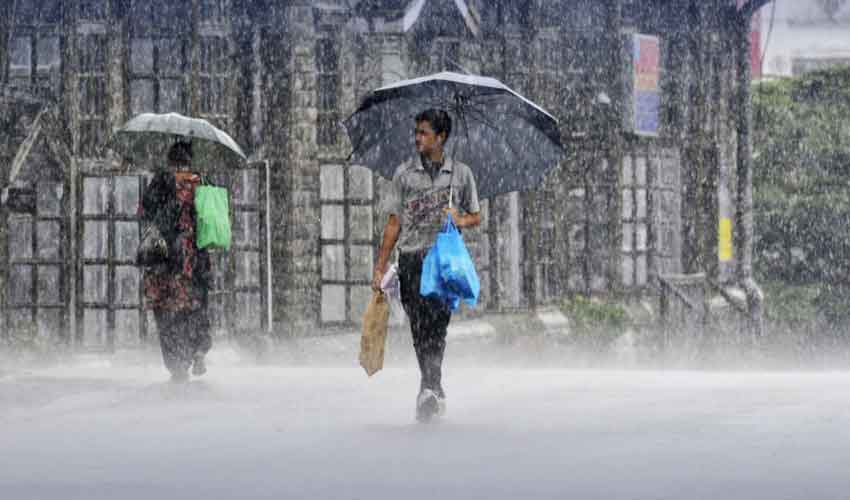Climate
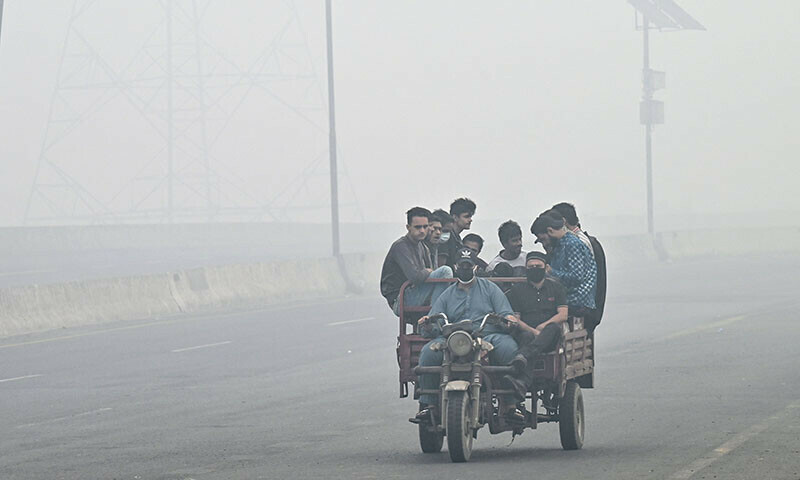
The Punjab government has implemented a temporary ban on public access to parks, zoos, playgrounds, historical sites, and museums from November 8 to November 17. This directive, issued on Friday, affects multiple districts, including Lahore, Sheikhupura, Kasur, and several others, where smog levels have reached unprecedented heights, posing serious health risks to residents.
Lahore, the provincial capital, recently gained global attention as it became the most polluted city worldwide for two consecutive days. The city’s Air Quality Index (AQI) spiked above 1,000 in several areas, a level classified as “hazardous” by international air quality standards. This high level of pollution presents severe health concerns, especially for individuals with pre-existing respiratory issues, children, and the elderly.
According to the notification, public entry is prohibited at all parks (both public and private), zoos, historical monuments, playgrounds, museums, and playlands. Violators of this directive will face legal consequences under Section 188 of the Pakistan Penal Code (PPC). The government hopes these measures will help reduce public exposure to the toxic air and prevent health issues caused by prolonged smog exposure.
This restriction on public spaces is part of a larger initiative by the Punjab government to combat smog. Last week, the provincial government declared smog a “calamity,” activating a series of anti-pollution measures. Among these were closures of educational institutions, a green lockdown in areas identified as smog hotspots, and restrictions on activities contributing to pollution. Despite these efforts, enforcement of the green lockdown has been challenging, with reports of minimal compliance on the first day.
The Provincial Disaster Management Authority (PDMA) has designated smog as a calamity under Section 3 of the Punjab National Calamities (Prevention and Relief) Act, 1958. Efforts to mitigate air pollution include controlling emissions from industries, restricting construction dust, and minimizing traffic congestion in high-density areas.
In addition, all public and private schools and colleges in 18 districts were closed from November 7 to November 17 as a protective measure. This decision aims to safeguard students and school staff from the harmful effects of exposure to smog. Authorities are urging citizens to avoid unnecessary outdoor activities, wear masks if they must venture outside, and follow health guidelines during this period of high pollution.
As smog continues to impact everyday life across Punjab, the provincial government has called on the public to cooperate with these preventive measures. Citizens are encouraged to stay informed about AQI levels, avoid open burning, and support efforts to improve air quality.
